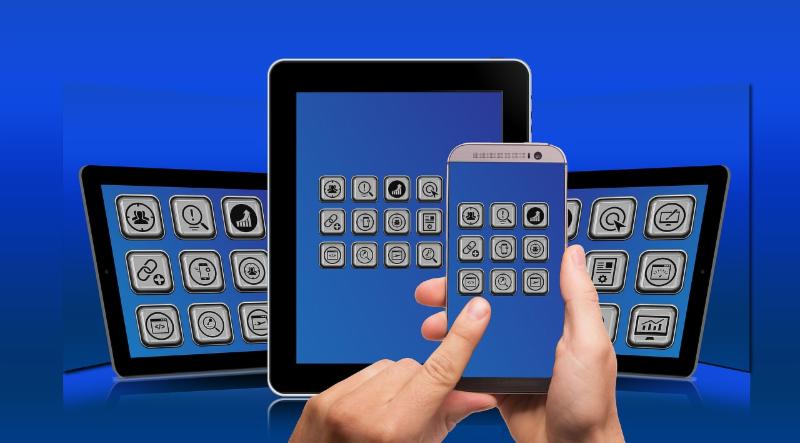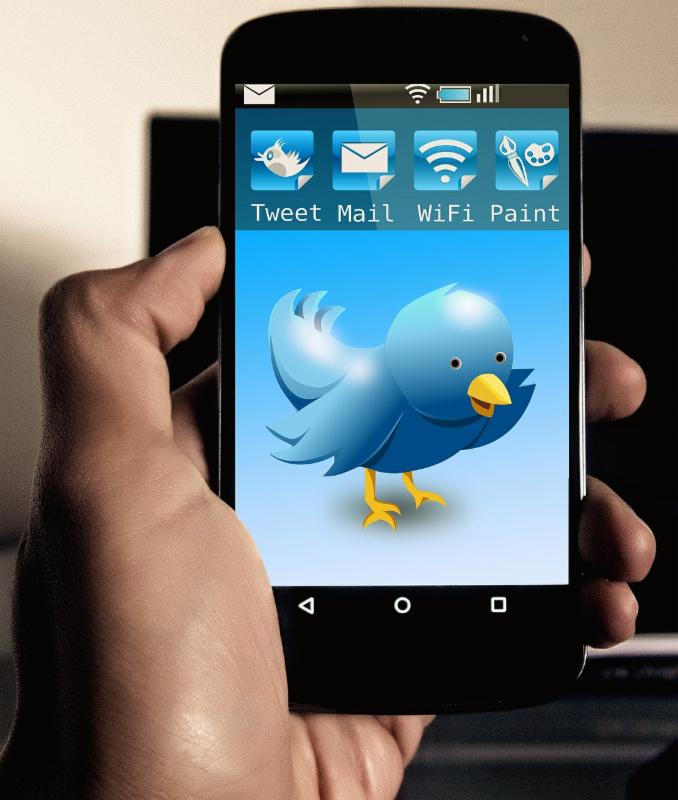The answer to how you can increase Patient Engagement and compliance…..(drum roll please)…..Mobile health devices.


According to research done by Mobile Future and Infield Health, the wireless pill bottle, (which digitally monitors the amount of pills in a bottle) can send Health Information Portability and Accountability Act (HIPAA) -compliant, text or phone reminders to patients to take their medicine, thereby boosting compliance to 95%. This is in addition to the chart above for medical text message reminders.
Mobile Future member Infield Health CEO Doug Naegele states:
“Consumer demand for wireless digital health tools is dramatically improving medical outcomes and reducing health costs.”
“By 2018, the mobile health industry’s ability to connect with patients has the potential to save the United States $36 billion in healthcare costs. There is already an increasing number of seniors using smartphones (77%) and 42% of hospitals are already using digital health technology to treat patients.”
The study also reveals that 247 million Americans have downloaded a health app. Estimates show that using mobile devices will save the United States $36 billion in healthcare costs by 2018.
The Annual HIMSS Analytics Mobile Technology Survey shows however that expense is still blocking growth in the mHealth field:
- More than half of clinicians state that budget prevents mobile technology adoption
- 63% of clinicians want tablet computers specific for healthcare
- 41% claim vendors are the obstacle
- 40% fail to see incentives for mobile health usage
This is in contrast to 77% of clinicians who are implementing third-party mobile applications or those devised by the health IT vendor. Only one third develop the apps internally while more than 50% claim that apps monitoring chronic conditions are available and helpful.
HIPAA compliance when using mobile devices
With fear playing an integral part that HIPAA can be jeopardized, there is hesitancy in using mobile devices for patient communications. However, with the majority of Americans using smart phones and tablets, it is no longer possible for physicians and staff members to avoid sending text messages to patients containing protected health information (PHI). It is merely a question of which is the best way to do so.

Here are some tips.
1)Texting
Texting, as compared to emailing, may be very useful in addressing immediate healthcare questions and needs, but it also allows for the flow of fairly unprotected information. See “Security options” for a list of protective measures from the Office of the National Coordinator for Health Information Technology.
2) Limit messages
Limit messages to only the information absolutely necessary to inform the viewer.
3) Database files
Extensive database files should never be attached to text messages . Doing so can increase the risk of number of patients whose information is exposed.
Incorporating safeguards when they transfer PHI electronically, is crucial. Not doing so opens the professional up to financial penalties.
Steep penalties for HIPAA violations
The penalty for one HIPAA violation can result in a fine of up to $50,000, and identical violations can lead to a maximum fine of $1.5 million in a year.
The field for potential violations has broadened with the HIPAA rules now applying directly to business associates, often as a result of portable device loss. All those affected, must be notified immediately. The Office for Civil Rights expects full compliance on HIPAA security. Providers should consider themselves on notice.
5 Security Steps You Can Take
1) Install Passwords
Inserting passwords on programs and devices are easy, cheap ways to prevent unauthorized access to or use of any device.
2) Encryption
Encryption adds an additional layer of security. Under the Health Information Portability and Accountability Act (HIPAA), entities have various obligations regarding an unsecured breach of PHI. However, if the PHI is correctly encrypted, the PHI is secured and the same obligations no longer apply.
3) Remote Wiping
Remote wiping can be installed on a device through various applications to enable owners to delete data from the device remotely if it is lost or stolen. Remote wiping may obviate the state and federal reporting obligations.
4) Secured Networks
Using secured networks prevents access by unauthorized users.
5) Delete PHI
Immediate removal of personal health information from devices clearly avoids access by unintended recipients. This includes all devices being returned to a telecommunications provider.
Have you been using mobile health or are you relying on patient portals? Share your experiences in the comment box below.


